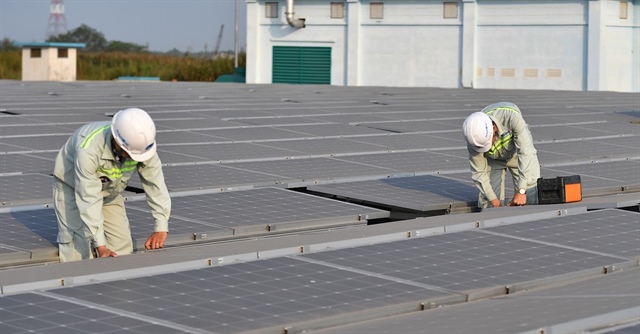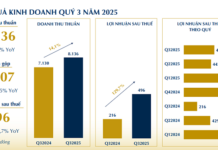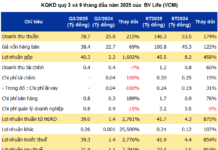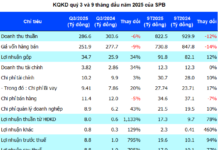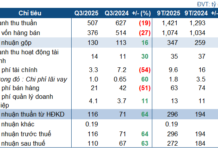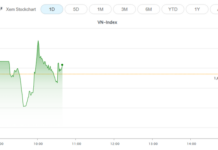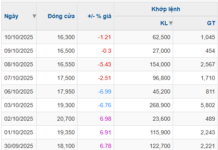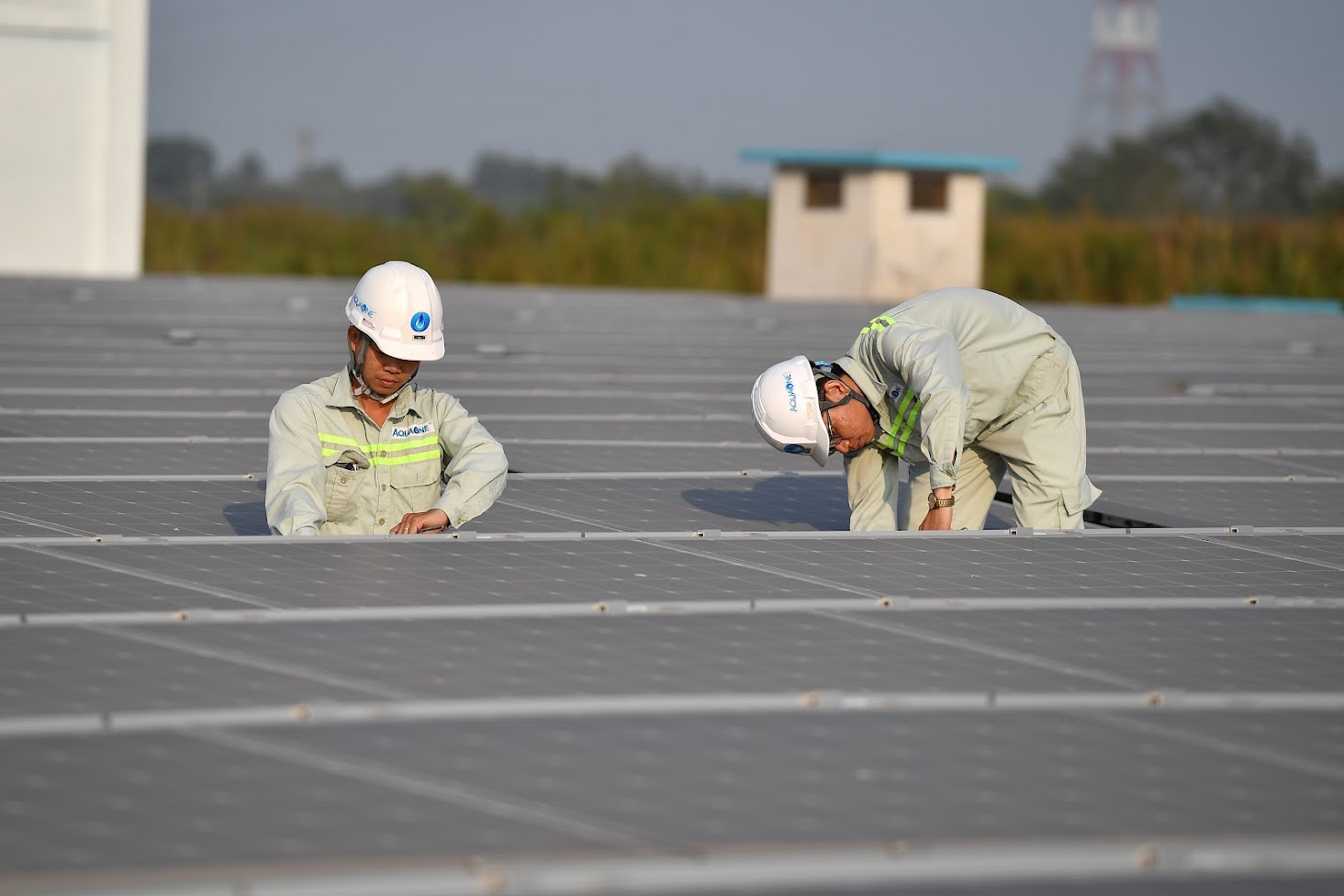The information above was provided in the draft Decree on the mechanism and policies to encourage the development of rooftop solar power for self-generation and self-consumption, which the Ministry of Industry and Trade has recently sought opinions on.
For self-use only, not for sale
In this draft, the Ministry of Industry and Trade divides rooftop solar power into two types. One is rooftop solar power for self-generation and self-consumption that is connected to the national grid. The other is rooftop solar power that is not connected to the national grid.
The Ministry of Industry and Trade requires that the total capacity of rooftop solar power for self-generation and self-consumption connected to the national grid in each locality must not exceed the capacity allocated in the national power development plan.
As for rooftop solar power for self-generation and self-consumption not connected to the national grid, this type is prioritized for development with no capacity limit.
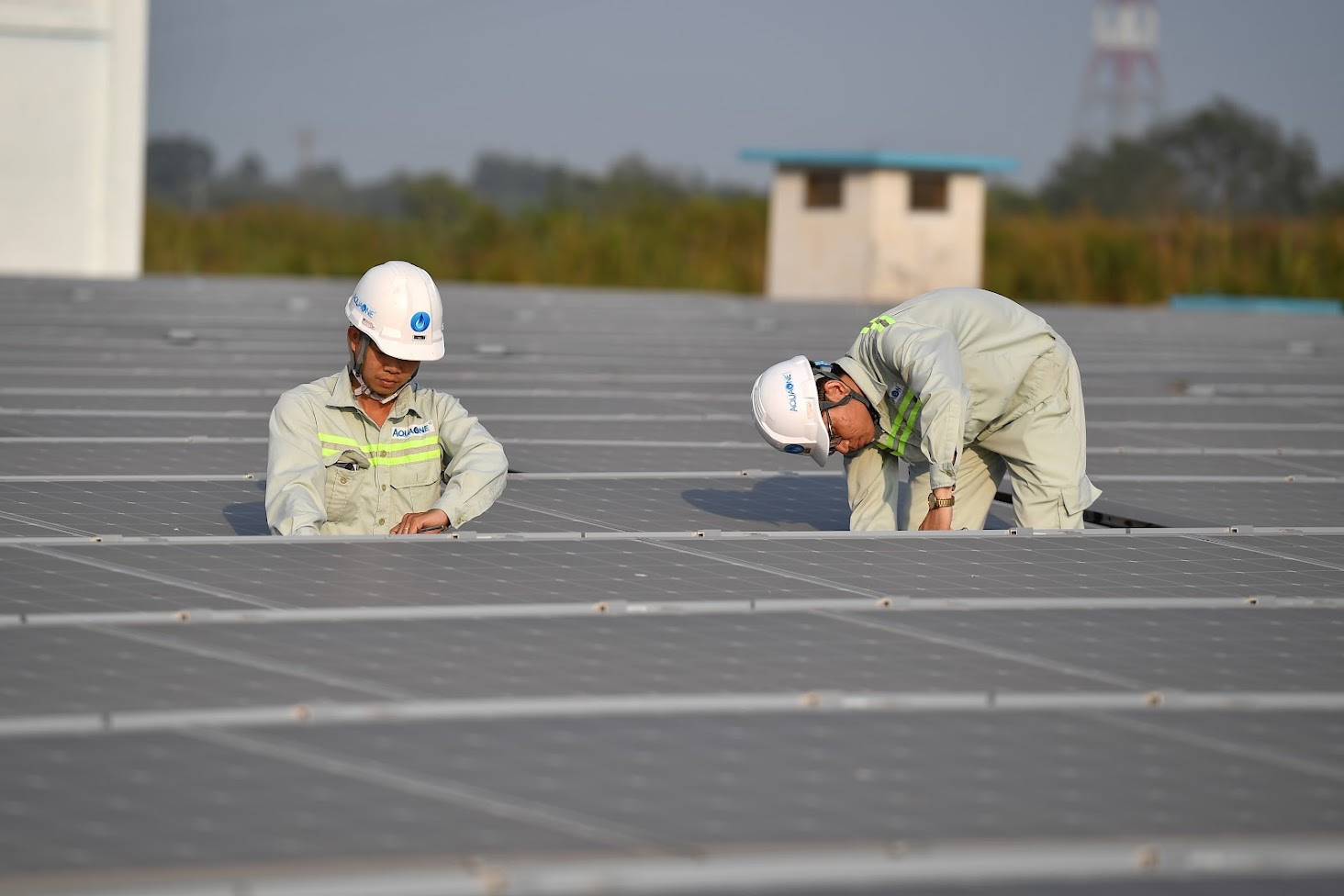 Do not take advantage of the regulations on the development of rooftop solar power for self-generation and self-consumption to sell electricity to other organizations or individuals. Photo: Hoang Ha |
The Ministry also lists acts that violate regulations in the development of rooftop solar power for self-generation and self-consumption. These include implementing development that does not comply with the principles and procedures prescribed in this Decree; investing, installing, and operating capacity that exceeds the capacity approved by the competent authority for rooftop solar power for self-generation and self-consumption connected to the national grid.
“Exploiting the regulations on the development of rooftop solar power for self-generation and self-consumption to do business or sell electricity to other organizations or individuals,” the draft Decree states.
Agencies, organizations, and individuals who implement the development of rooftop solar power for self-generation and self-consumption must register in accordance with the regulations in this Decree. Specifically, they must submit a registration dossier to the Department of Industry and Trade. The Department of Industry and Trade shall receive the registration dossier, forward the Dossier to the power supplier, and relevant departments and agencies (Department of Construction, Department of Natural Resources and Environment, Provincial Police) for consideration, settlement, and return of results within a maximum of 15 working days from the date of receipt of a complete and valid dossier. In case the dossier is invalid or incomplete, the Department of Industry and Trade shall reply to the organization or individual within a maximum of 3 working days from the date of receipt of the dossier.
According to the draft, agencies, organizations, and individuals are entitled to feed or not feed any surplus electricity (if any) from rooftop solar power for self-generation and self-consumption into the national grid. If the organization or individual chooses to feed the surplus electricity into the grid, the power supplier shall record the electricity output at a price of 0 VND and no payment shall be made.
Rooftop solar power for self-generation and self-consumption with an installed capacity of 500 kWp or more must have a remote control system and be connected to the regional dispatching unit.
For rooftop solar power that is not connected to the national grid, the draft also requires individuals and organizations wishing to install rooftop solar power for self-generation and self-consumption to register as prescribed.
What are the incentive policies?
The Ministry of Industry and Trade also lists policies to encourage rooftop solar power for self-generation and self-consumption. Specifically:
Rooftop solar power for self-generation and self-consumption is exempt from electricity business licenses.
Construction works with rooftop solar power for self-generation and self-consumption are not required to adjust or supplement energy land and functions in accordance with the law.
Organizations and individuals developing rooftop solar power for self-generation and self-consumption shall have their dossiers and procedures processed under the one-stop interconnected mechanism as prescribed in this Decree.
Encouraging organizations and individuals to combine rooftop solar power for self-generation and self-consumption with investment, installation, and operation of electricity storage systems to take the initiative in production, business activities, and electricity consumption.
Prioritizing the allocation of the budget for the development of rooftop solar power for self-generation and self-consumption installed at the headquarters of administrative agencies, public service units, and headquarters of agencies and units identified as public assets.
For rooftop solar power projects and systems that were put into operation before January 1, 2021, and are currently selling electricity to power suppliers, the draft Decree strictly prohibits the practice of connecting to rooftop solar power for self-generation and self-consumption to benefit.
Luong Bang
